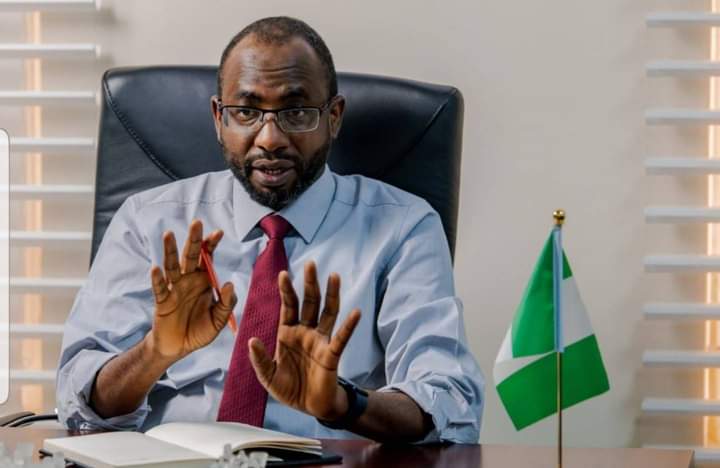The Director-General of the National Information Technology Development Agency (NITDA), Kashifu Inuwa, emphasised the need for Africa’s active involvement in Artificial Intelligence (AI) regulation.
Speaking during a keynote at the Nigeria Fintech Week 2024 on Thursday, Inuwa highlighted the importance of ensuring AI serves the interests of all humanity, not just the advanced nations.
Represented by Emmanuel Edet, NITDA’s director of standards and regulation, Inuwa remarked that AI represents a paradigm shift capable of transforming sectors such as healthcare, agriculture, and governance. However, despite its potential, AI presents challenges that require proactive regulatory measures and raises critical concerns like data privacy, algorithmic bias, and job displacement, all of which necessitate fair, inclusive regulation.
Read also: Nigeria’s NITDA wins Coursera Global Impact Award for enhancing digital skills
“As with most powerful technologies, AI presents both opportunities and challenges. Issues of data privacy, algorithmic bias, job displacement, and geopolitical competition underscore the need for a clear, fair, and inclusive regulatory regime,” Inuwa said on Thursday.
“As DG of NITDA, my driving force for the first AI revolution has been the development of the national AI strategy and the establishment of the National Center for Artificial Intelligence and Robotics.”
Addressing global inequities and building Africa’s capacity for AI governance
Inuwa underscored the disproportionate focus of current regulatory frameworks on the Global North, such as the U.S., China, and Europe, while Africa’s voice remains underrepresented. He called for regulations that reflect diverse cultural, economic, and social contexts, noting that Africa’s challenges differ significantly from those in places like Silicon Valley.
“The challenges and opportunities presented by AI in Lagos, Nairobi, or Johannesburg may differ significantly from those in Silicon Valley or even Shanghai,” he stressed.
To ensure Africa’s place in AI governance, Inuwa emphasised the need for investment in local talent and infrastructure. Developing homegrown AI solutions tailored to African challenges—such as in agriculture, healthcare, and education—would enable the continent to make meaningful contributions to global standards.
He acknowledged the difficulties that African nations face in terms of limited digital infrastructure and financial resources, calling for collaborations among Global South nations to amplify their collective influence in AI governance.
Inuwa’s stance aligns with recent concerns raised by the United Nations, which noted that only seven countries, which include Germany, and Japan, currently dominate global AI governance. The UN report highlighted the need for more equitable participation in shaping AI regulations, stressing that many communities have been historically excluded from critical discussions about AI.
Mr Inuwa’s call for Africa’s involvement in AI regulation underscores the importance of inclusive governance in shaping the future of this transformative technology. As AI continues to evolve, Africa’s contributions to global standards will be crucial in ensuring that its benefits and risks are equitably distributed across all regions, not just the advanced nations.
Read also: International Telecommunications Union implores Nigeria to define NCC, NITDA’s roles
About NITDA
NITDA plays a pivotal role in promoting and developing the country’s IT sector.
The agency focuses on enhancing digital literacy, supporting local startups, and ensuring the effective use of technology across various sectors.
Recently, NITDA was instrumental in drafting Nigeria’s National Artificial Intelligence Strategy (NAIS), to position the country as a leader in AI innovation.
In August 2024, NITDA launched the AI Strategy for Nigeria, outlining a comprehensive roadmap for integrating AI into the economy.















